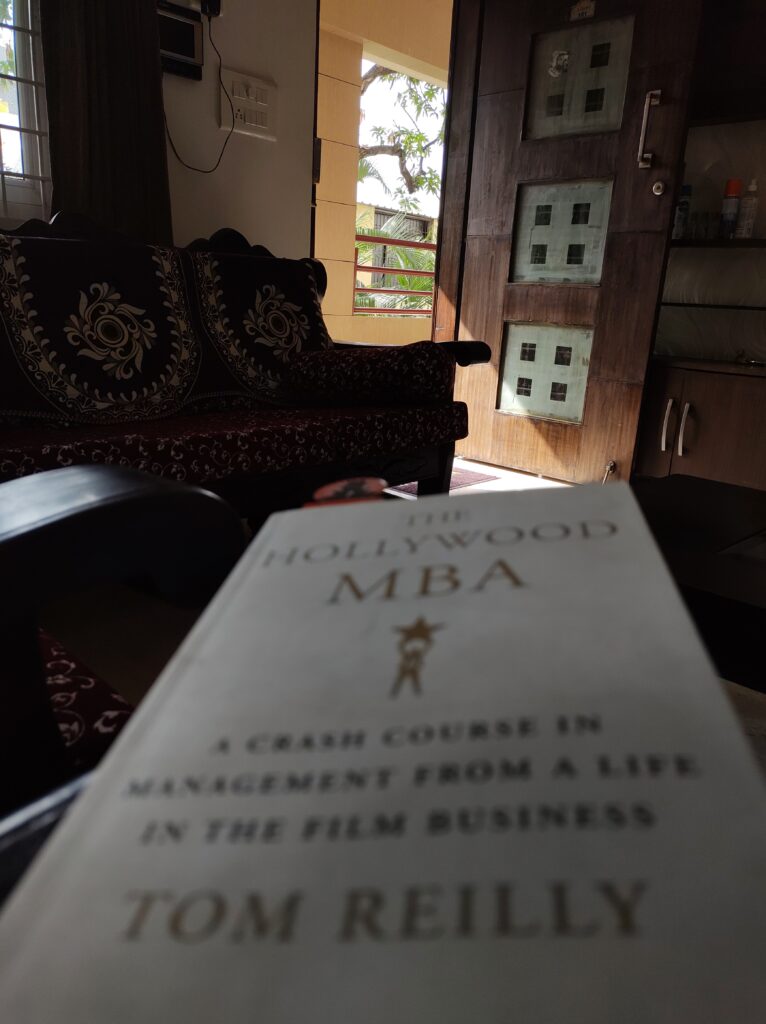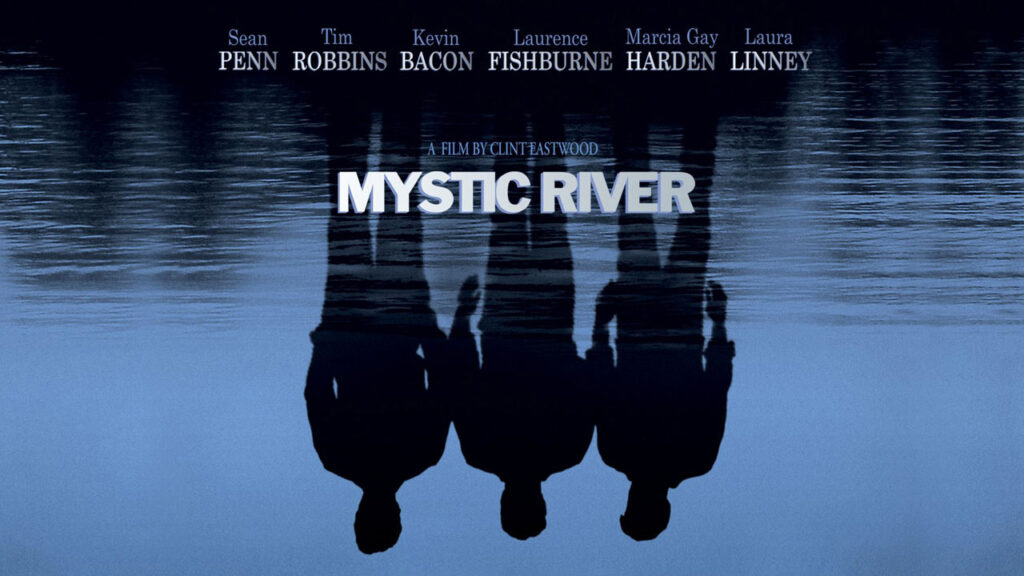
Movies and the process of movie making are great sources for learning or refreshing management and leadership concepts. Tom Reilly is one such true believer. He presents several management themes drawn from his decades of experience in Hollywood, and how they can be applied to any similar situations across industries.
Movie industry is highly competitive and for most of the work force, their work is project based. The results of their contribution are out on a Friday so to speak, and everyone is on their toes to deliver their best. Further, success or failure literally guarantees their next project of the opposite of it. So, they are fairly motivated. This is very different from a salaried work force situation, but Tom Reilly makes sure that there is a good correlation with such non-filmy worlds.
A must read for management enthusiasts and professionals alike, with solid takeaways, especially related to people management and project management.
Themes covered
- Invert Control
- What
- “Small changes in the way directives are worded, can alter outcomes significantly”
- How
- Reframe the specific wording of directives to better achieve desired outcomes
- Evaluate and mage structural changes accordingly
- Outcome
- Increased efficiency and productivity
- Smooth functioning
- A Safer workplace
- What
- Begin to Build Tensile Strength
- What
- “Focusing on collective team strength rather than on individual weaknesses”
- How
- Create segmented jobs and discrete tasks
- Creative ways to manipulate geography to increase contact across teams
- Set common goals
- A keystone manager who functions without a personal agenda or bias
- Result
- Better communication flow
- Greater chance of overall success
- What
- Engineer Epic Trust
- What
- “A high level of trust between those managing and those being managed”
- How
- Make sure the manager is emergent (by virtue of respect from the team) as well as assigned (by virtue of authority) leader
- Extreme task segmentation to the extent possible
- Small wins and progress loops
- Outcome
- Greater chance of successful task completion
- Higher confidence and cohesion
- What
- Replicate the “Oscar Effect”
- What
- “Creating a highly self-motivated workforce improves outcomes across all success metrics”
- How
- Create a feeling of ownership and accountability for the quality of what you produce in the workplace (sense of pride follows)
- A way to emphasize the sense of pride in work.
- Embed novel experiences and growth opportunities for all employees
- Provide some degree of public- or industry level scrutiny and recognition.
- Outcome
- Automated motivational synchronicity (Ron Friedman) across the spectra—doing work on hand (by virtue of systems and processes) to doing it better (by virtue of innovation)
- Enhancement of Productivity and Profit
- What
- Accommodate Employees
- What
- “Benefit packages and employee accommodations are a big factor in employee motivation, and getting them right is complicated”
- How
- Review and put in place the basic benefits and accommodations—as per statutory and industry standards
- Go beyond by identifying the true motivators and eliminate/modify as needed.
- Make sure to get the individual benefits right and package them well.
- Outcome
- Higher employee engagement, motivation and better retention rates
- Greater respect for management
- Higher productivity
- What
- Bank Equity with Your Labour Force
- What
- “Banking equity with your team/s as a future encashable asset”
- How
- Understand that small gestures often mean more than big ones
- Respect individual differences and expression of their individuality
- Trade favors in a judicious and self-serving manners
- Be authentic and genuine (true to your character)
- Create team-wide “I am Sparctacus” moments
- Result
- Improved relationship between management and work force.
- What
- Optimize and Exploit Diversity
- What
- Optimizing and exploiting diversity is good for the bottom line.
- How
- View diversity—race, gendger,age, ethnicity, education, background and the like—as an asset, not a ‘management problem’
- Expect adhoc and abnormal power shits (virtue of their diversity) and accommodate accordingly.
- Learn to tolerate, not ridicule, inconsistencies.
- Outcome
- Greater innovation
- Greater representation from the society.
- What
- Find the Hard Corners
- What
- Identifying the hard corners (aka eat the frog ; things we need to do that require lot of effort/planning or things that have to be done prior to anything else) that frame a decision is a simple way to set parameters and limit options in decision making
- How
- Take the time to isolate the hard corners in an decision making situation or at the start of the project during planning phase
- Incorporate the hard corners into your forward-moving strategy
- Recognize that in cases where there is no single right decision or options, a decision is often better than no decision, as it moves you forward.
- Result
- Enables an effective project planning and a streamlined, expedited decision making process.
- What
- Adopt a Crisis-Management Model
- What
- Not every problem is a crisis, even though it can feel that way.
- How
- Set up your won Richter scale to assess the gravity of individual problem
- When facing a genuine crisis use the rubric—objectify (around a hard corner), contain (the damage) and act (swiftly)—to structure a response
- Outcome
- Separates the small problems from big ones
- Stabilizes situations in a very productive, forward-moving manner.
- Modulates response and prevents over-or under reaction.
- Provides structure and logical direction for fast and efficient problem and crisis resolution
- Reduce stress and assures better results
- What
- Remember to Lead as well as Manage
- What
- Employees want and expect both active day-to-day management and real leadership.
- How
- Lead as well as manage
- Be decisive
- Look for step up opportunities to lead
- Recognize that you will have conflicting loyalties
- Lead with confidence
- Practice compromise like it’s your religion
- Defuse volatile situations
- Have Humility
- Trust the process
- Manage above as well as below you
- Always be closing.
- Outcome
- Stronger, more cohesive teams
- Higher efficiency
- Greater chance for positive results
- What
Excerpt from the book
People working in other industries also face similar conflicts of interest and competing allegiances-loyalty split between up per management, board members, investors, stockholders, outside clients, customers, and, of course, the team they are managing, as well as any self-serving interests of their own if their jobs are not structured as keystone positions. A measurement of a good manager is someone who can handle the day-to-day issues of scheduling, work flow, and delegation while fostering an atmosphere of high motivation, high productivity, and creative problem-solving with efficiency and decorum. But a measurement of a good leader is someone who sees past those day-to-day responsibilities, who understands the shifting nature of his or her loyalties, and who knows who and what to stand up for and why.
P.209, ‘The Hollywood MBA’, Tom Reilly


